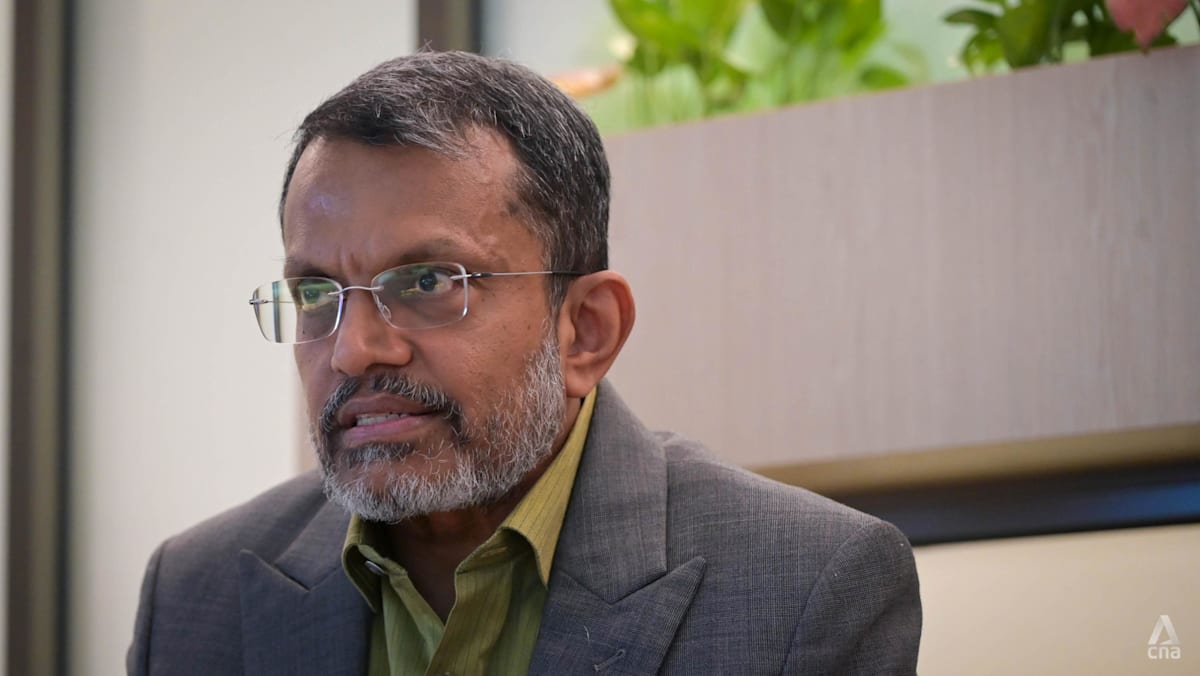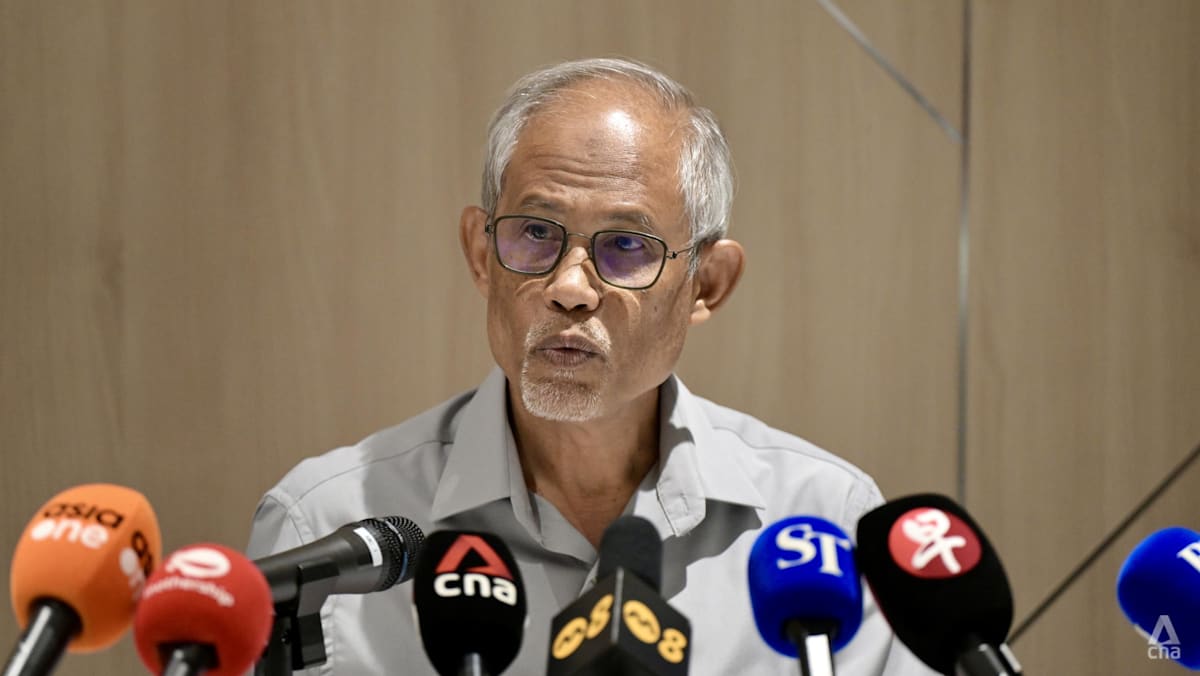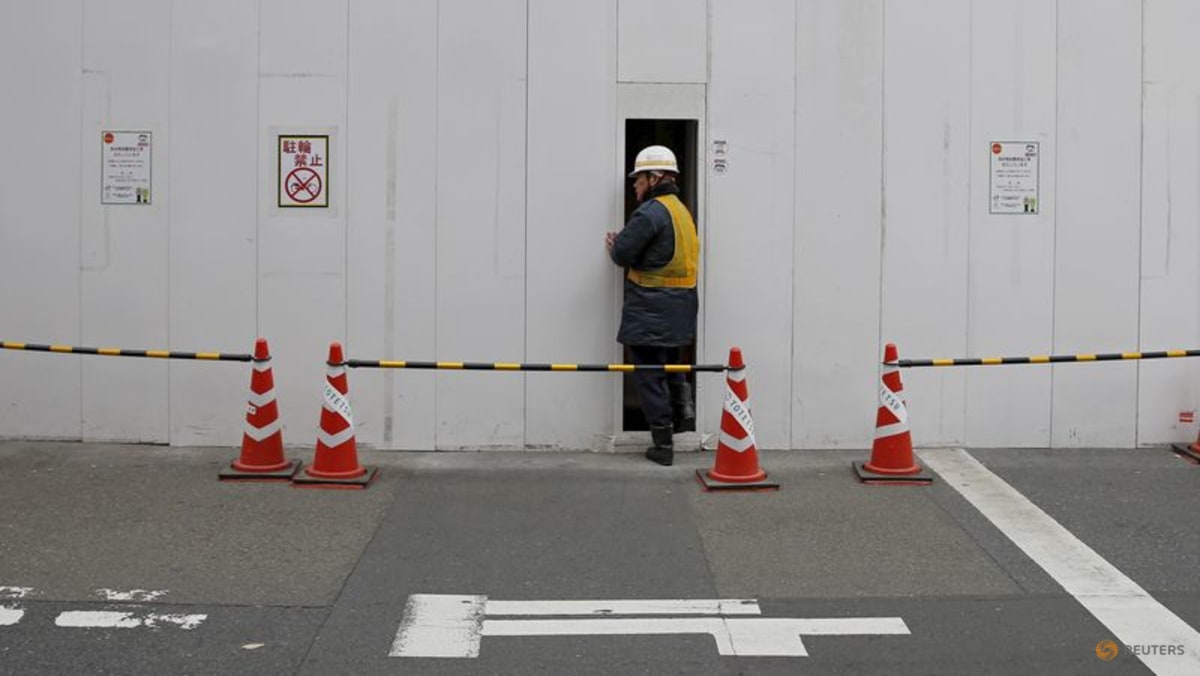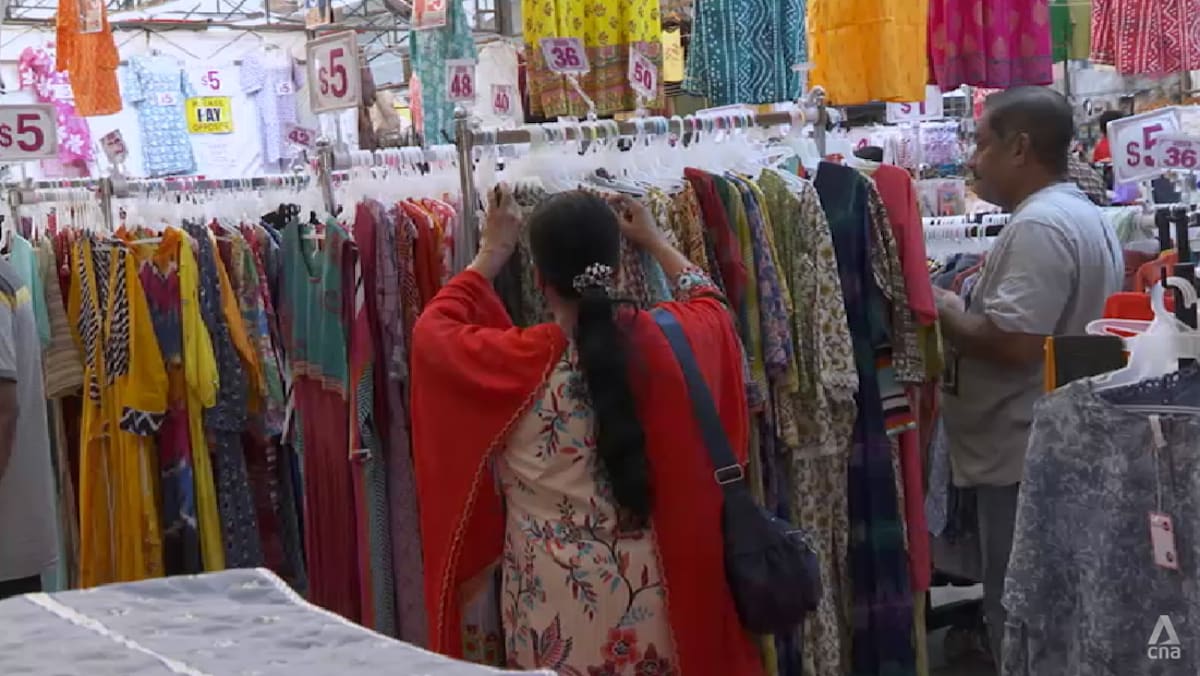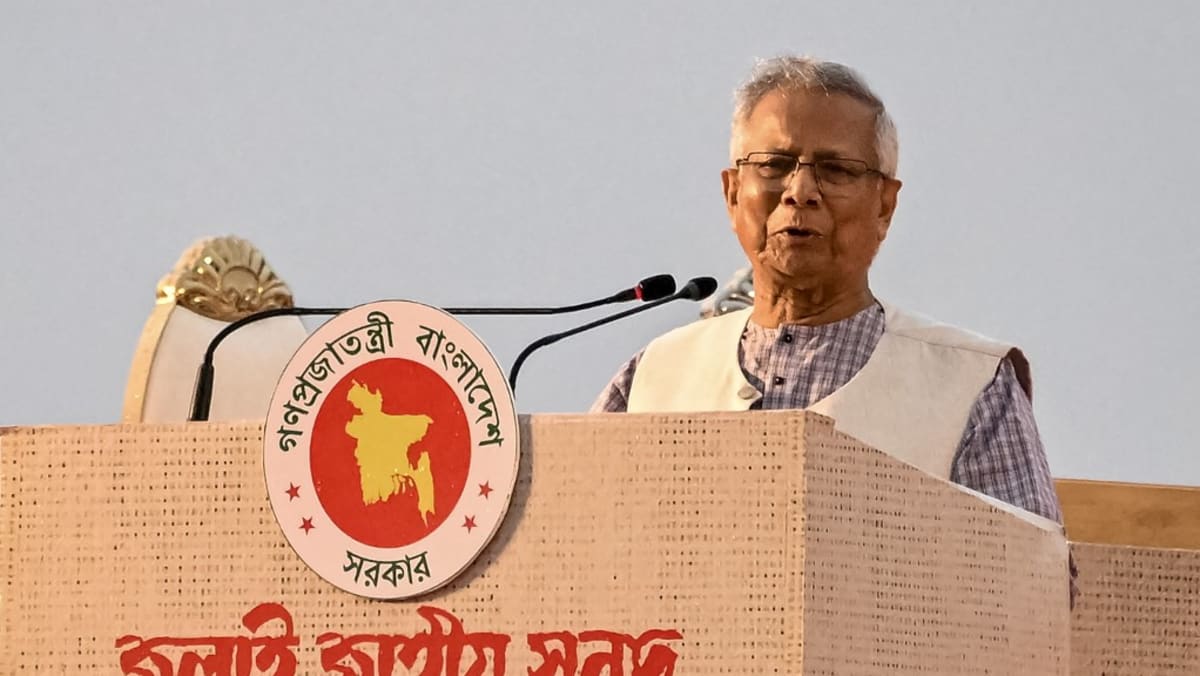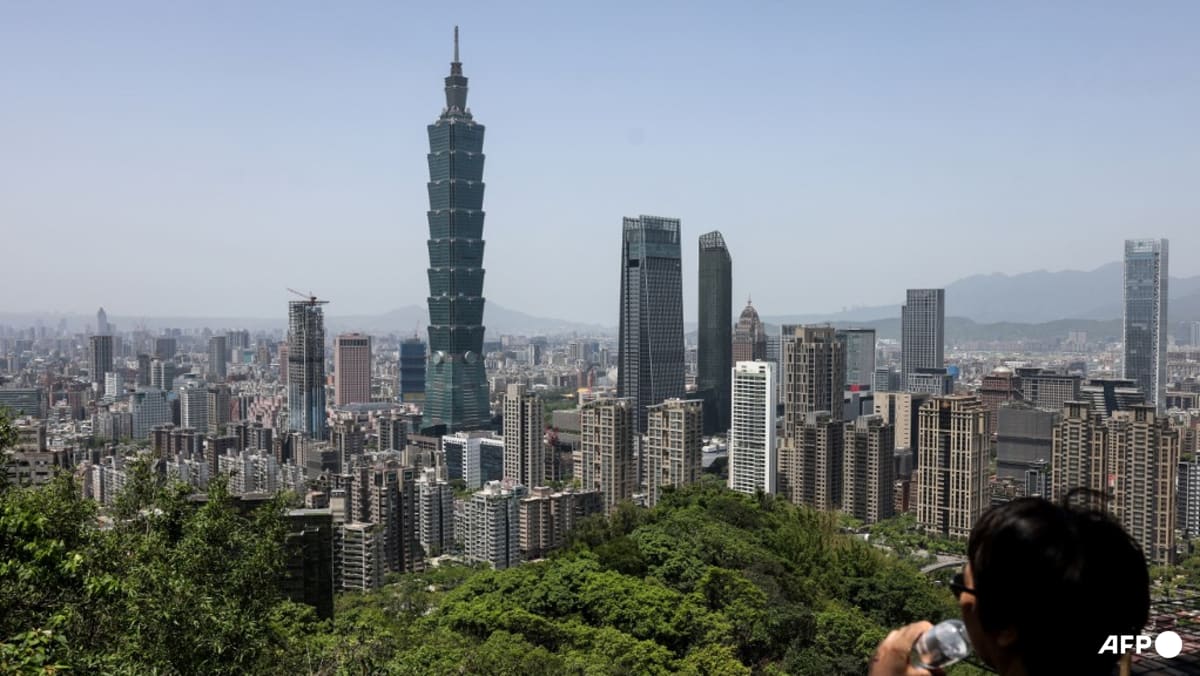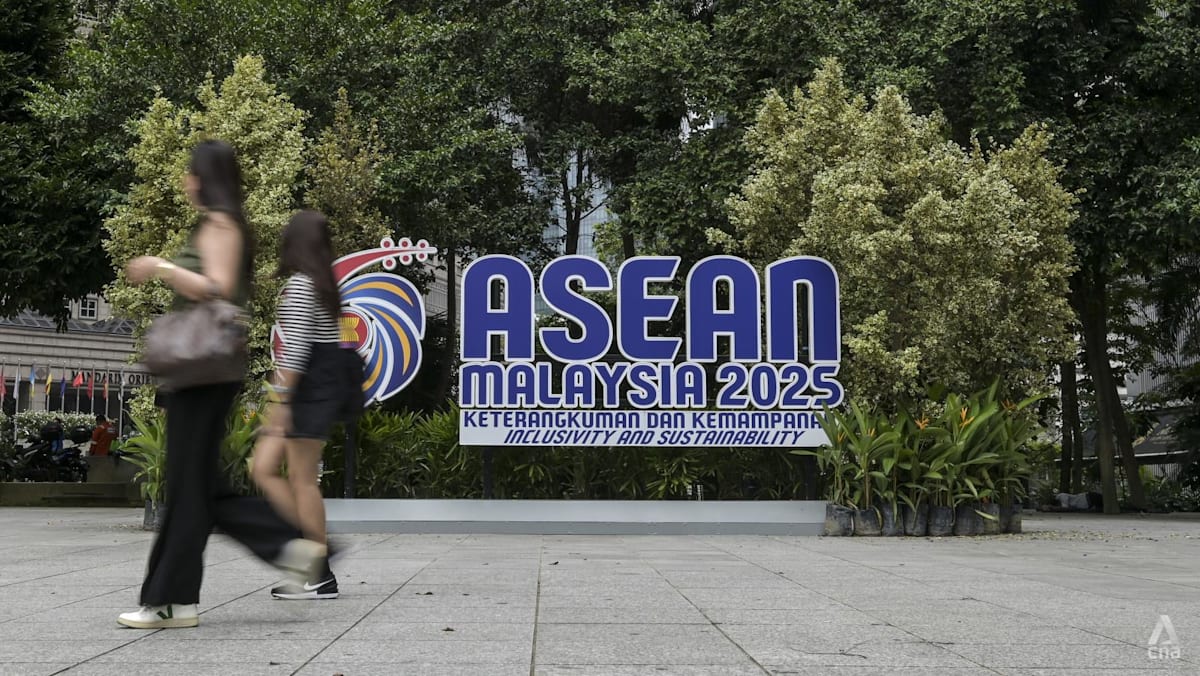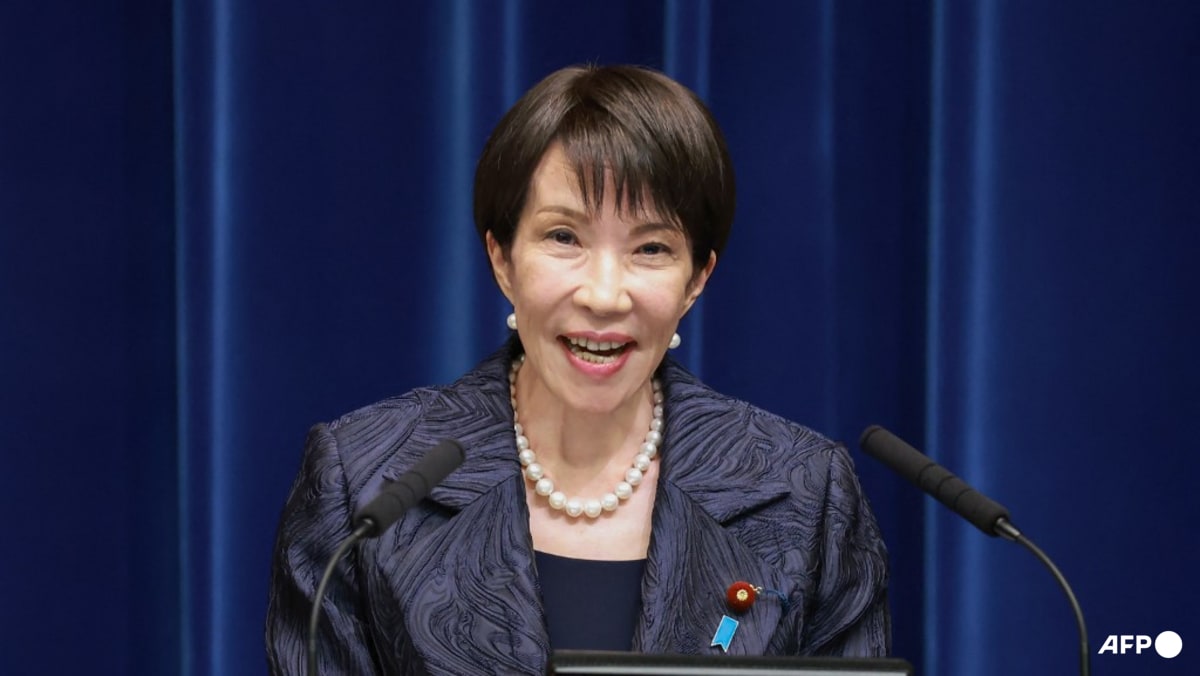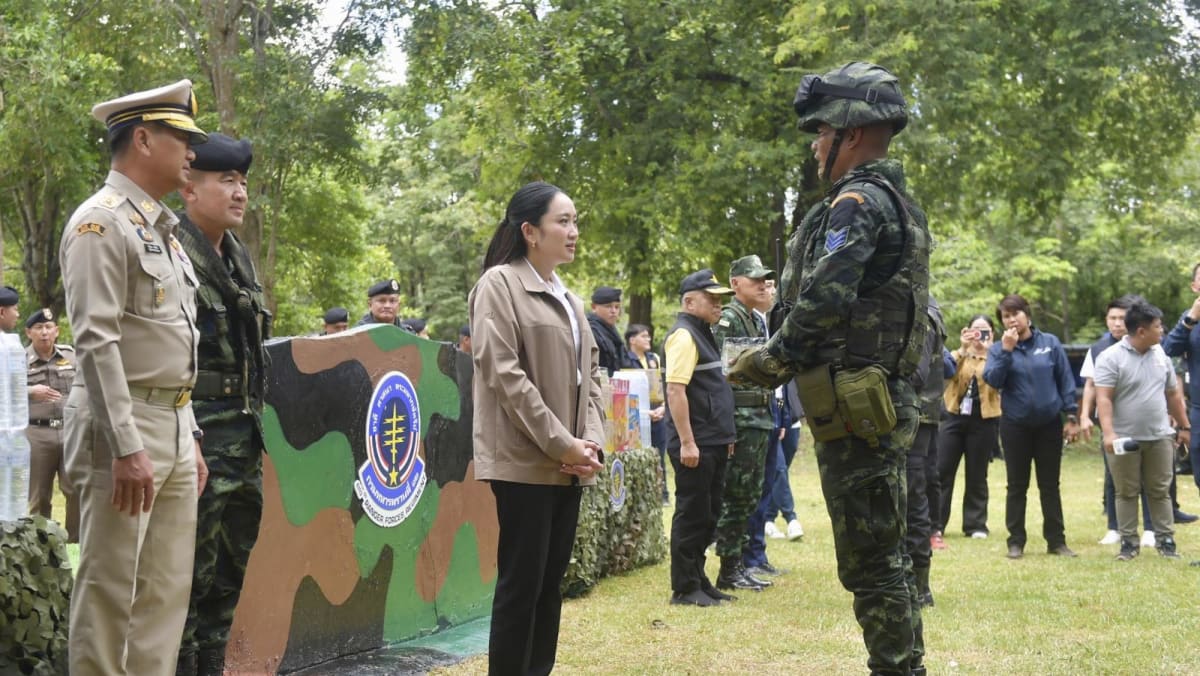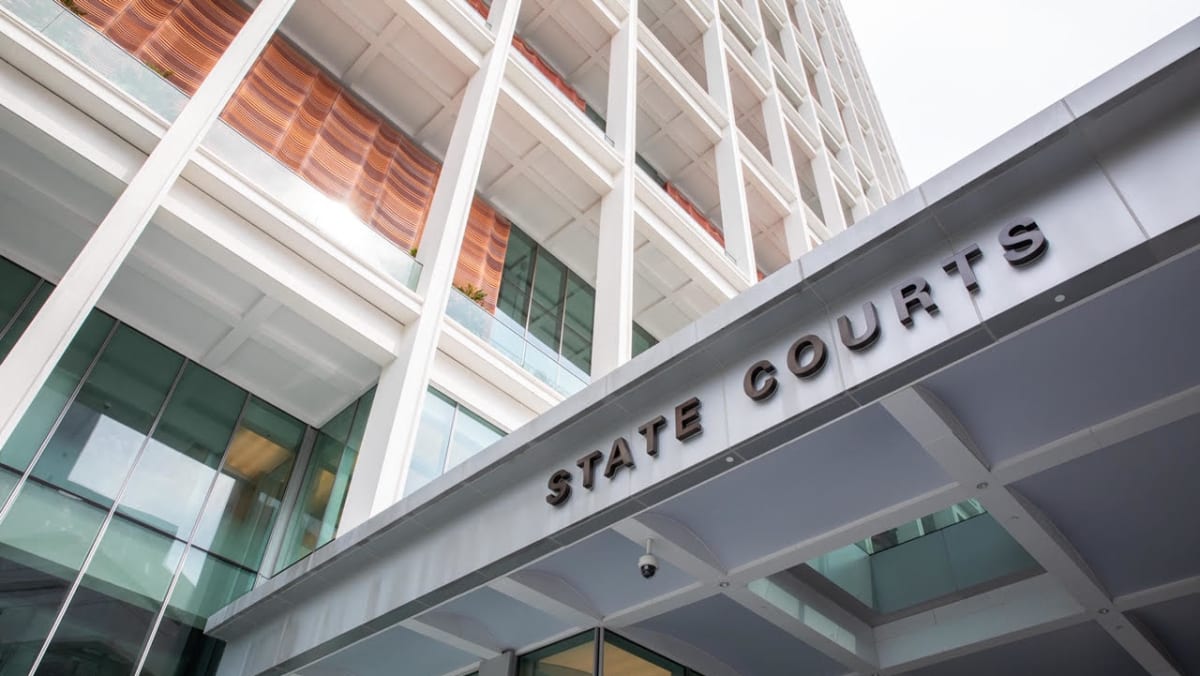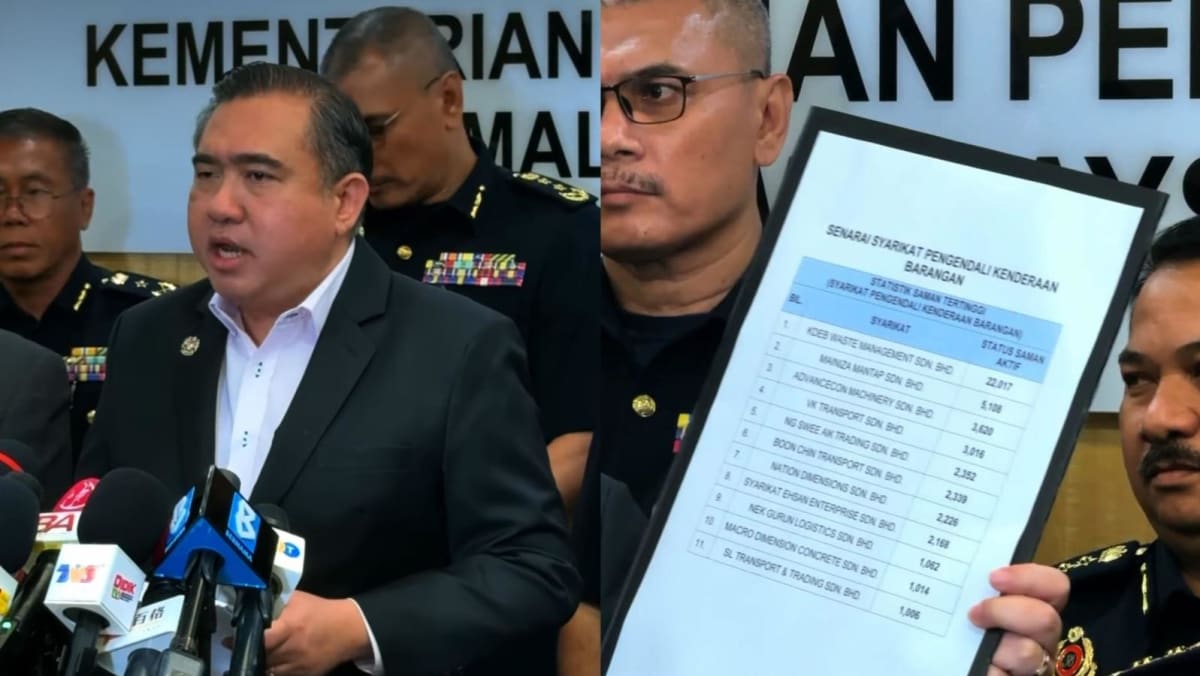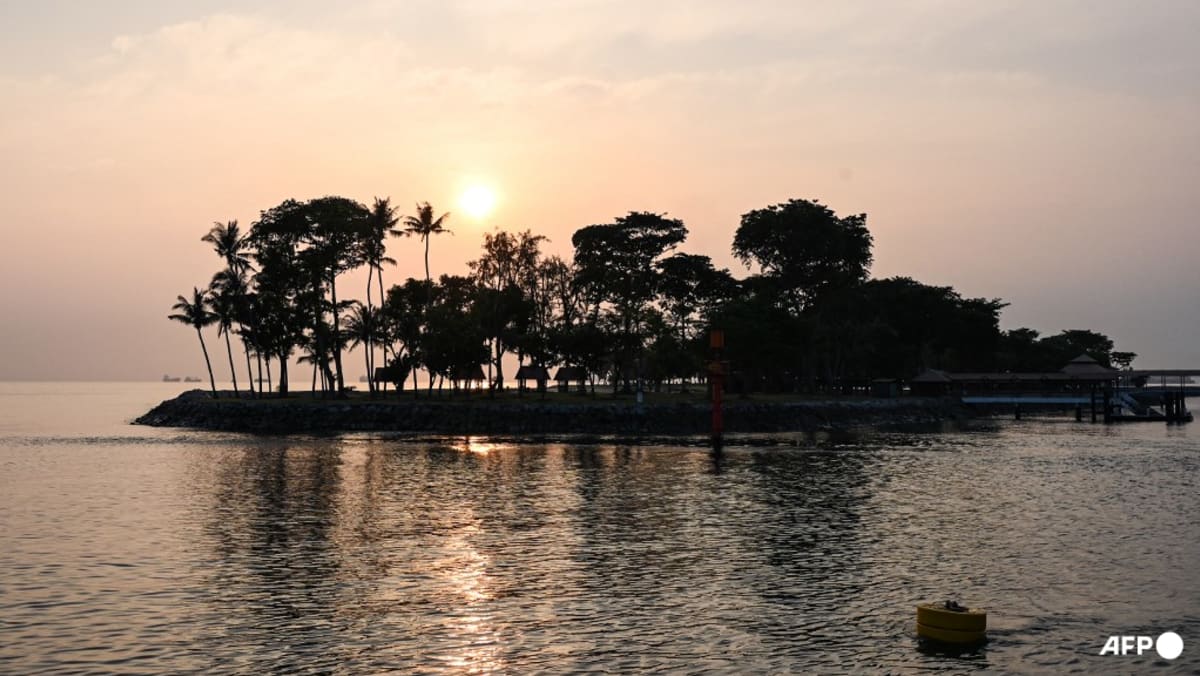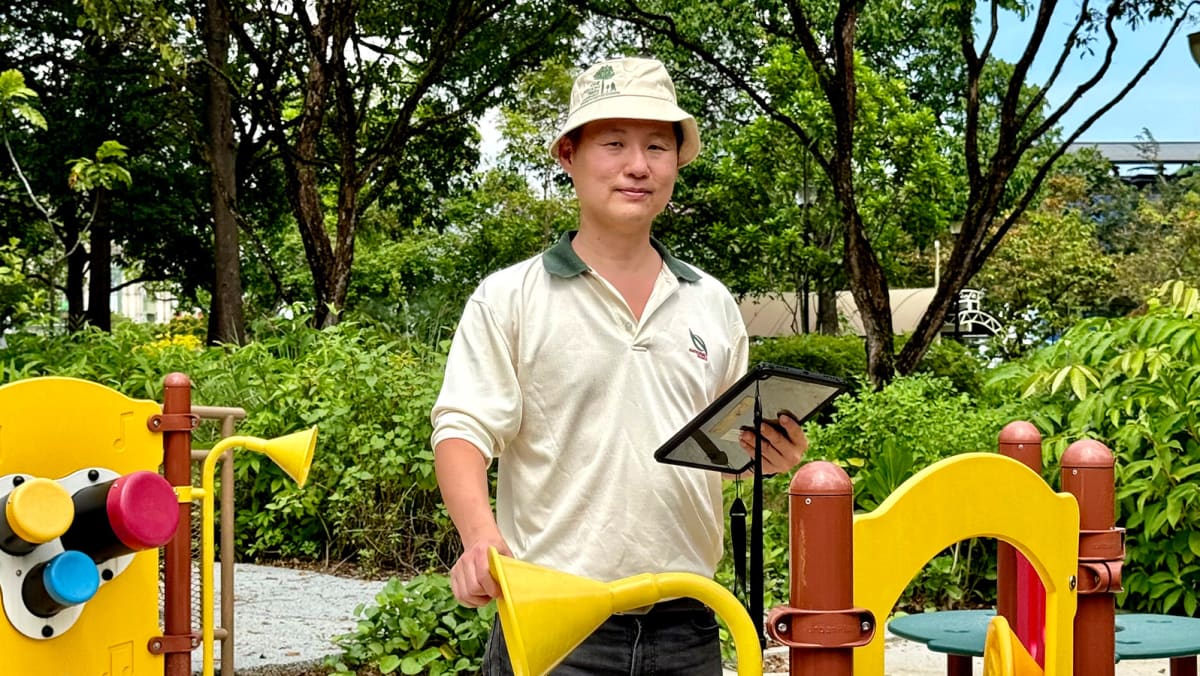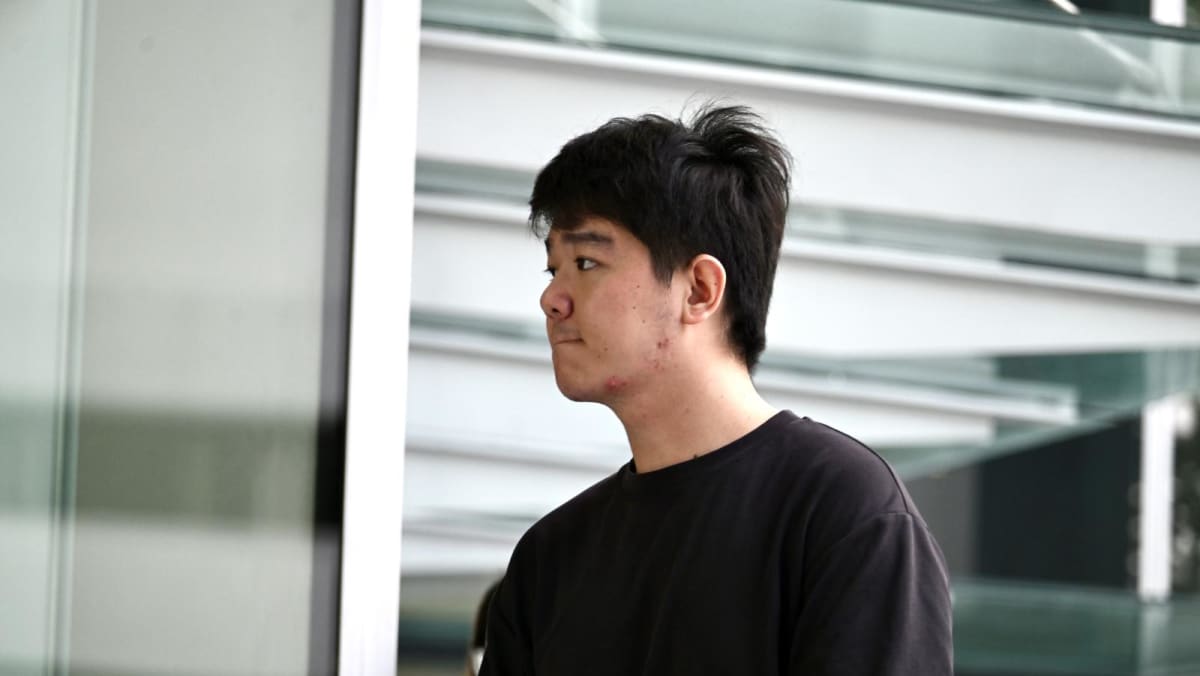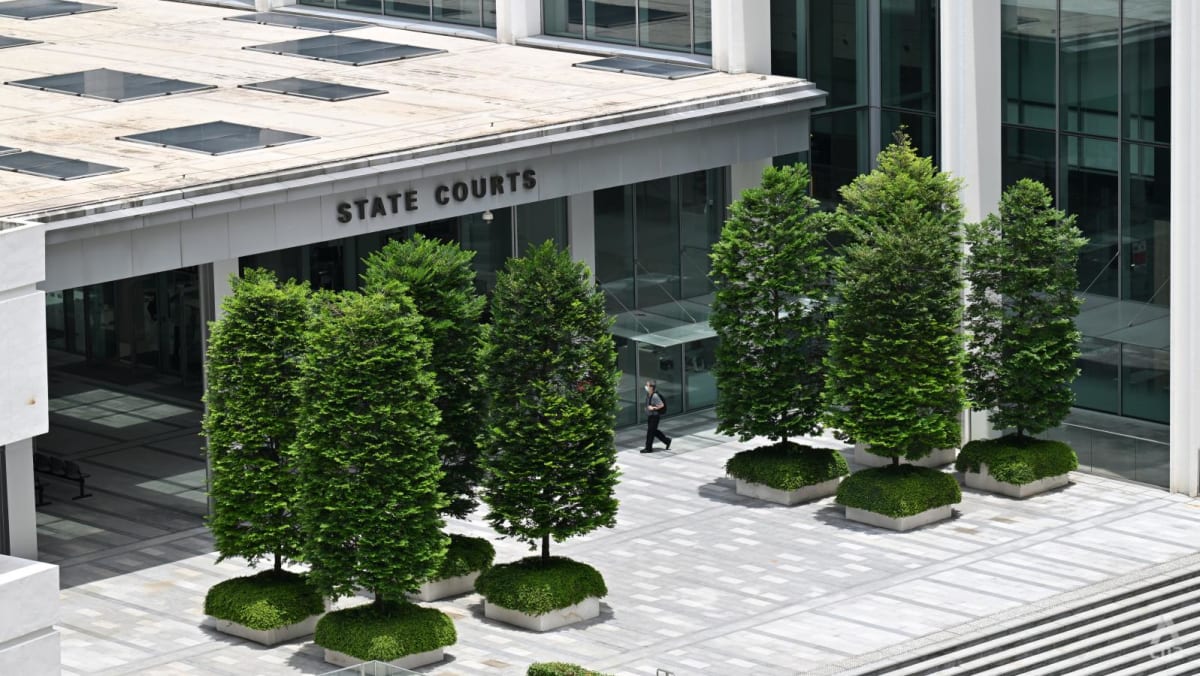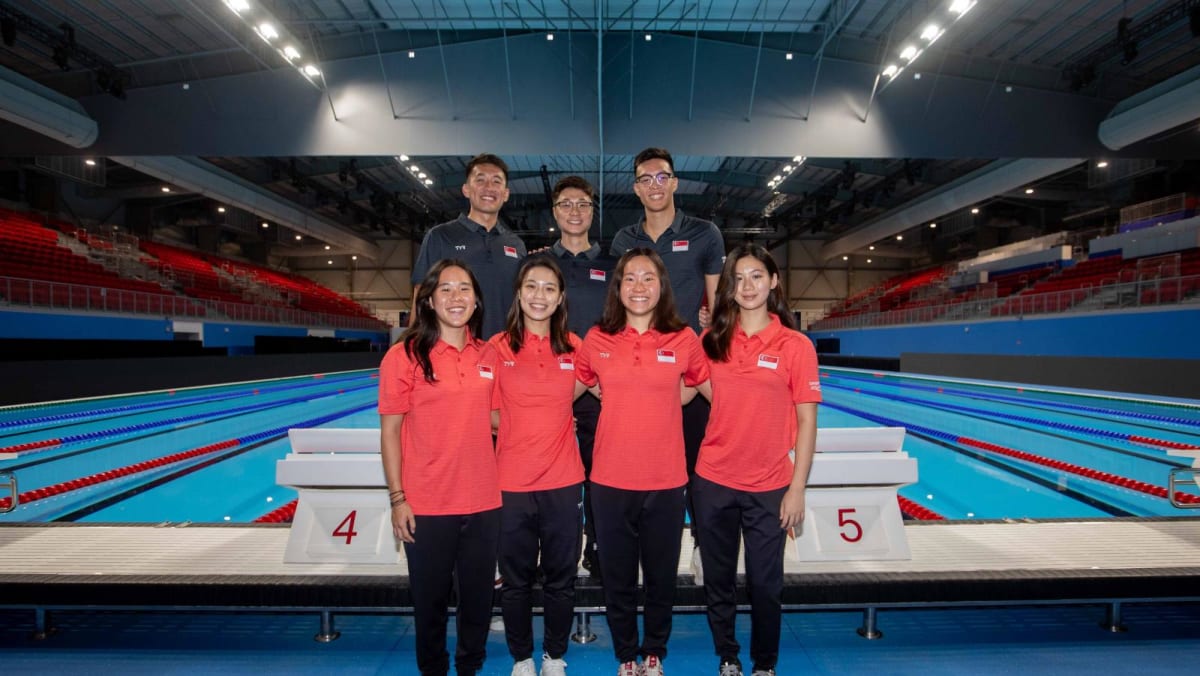KUALA LUMPUR: Prime Minister Anwar Ibrahim is facing his most serious political challenge over a deepening crisis in the country’s judiciary that has triggered allegations that his administration is moving to exert more influence over the institution.
The simmering tensions between Anwar and certain segments of the judiciary blew out in the open on Monday (Jul 7) when former Economy Minister Rafizi Ramli led eight other Members of Parliament (MPs) from the premier’s own Parti Keadilan Rakyat to call for immediate action on the growing controversy stemming from the government’s failure to fill top vacancies in the judiciary.
Last week, the positions of the Chief Justice and the President of the Court of Appeal became vacant after Tengku Maimun Tuan Mat and Abang Iskandar Abang Ismail retired after reaching the age of 66 on Jul 2 and Jul 3 respectively.
The leadership vacuum in the judiciary has triggered widespread speculation of differences between the Anwar government and the Judicial Appointments Committee (JAC).
The JAC is an exclusive panel of nine made up of judges as well as current and former members of the legal fraternity that submits recommendations on the appointments of the country’s top positions in the judiciary.
Legal sources told CNA that battlelines have been shaping up for some time between the Anwar administration and certain segments of the judiciary, with some in the JAC aligned with the government while others are not.
The sources added that some judges recommended by the JAC for promotions differ from the candidates the Anwar government is tacitly promoting.
Lawyers tracking the situation said there have also been moves by the government to engineer appointments to fill vacancies at the highest levels of the justice system.
But these attempts have apparently been thwarted by certain members of JAC.
“The leadership vacuum was something that was known for several months and not dealing with it is simply irresponsible,” a retired judge who asked not to be named told CNA.
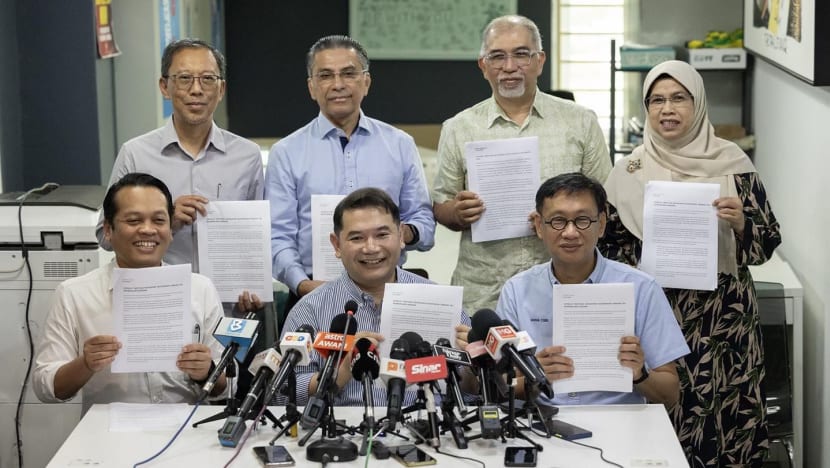 Lawmakers from Malaysia PM Anwar Ibrahim's party, including former Environment Minister Nik Nazmi Nik Ahmad (first row, first from left) and former Economy Minister Rafizi Ramli (first row, second from left) are calling for investigations into vacancies for top positions in the judiciary. (Photo: Facebook/Nik Nazmi)
Lawmakers from Malaysia PM Anwar Ibrahim's party, including former Environment Minister Nik Nazmi Nik Ahmad (first row, first from left) and former Economy Minister Rafizi Ramli (first row, second from left) are calling for investigations into vacancies for top positions in the judiciary. (Photo: Facebook/Nik Nazmi)
SOMETHING 'ANWAR NEEDS TO TAKE VERY SERIOUSLY'
Rafizi, who resigned as Economics Minister last month after failing to defend his deputy presidency of PKR at internal party polls in late May, is demanding that the government immediately establish a Royal Commission of Inquiry to investigate the swirling controversy around the judiciary.
The Rafizi-led group of PKR MPs has also demanded that a parliamentary select committee dealing with human rights, elections and institutional reforms start proceedings and investigations into the matter, “including calling the prime minister to give an explanation”.
The PKR MPs’ move to demand that their own leader and premier be summoned before a parliamentary select committee is unprecedented in Malaysia.
On Tuesday (Jul 8), the Attorney-General’s Chambers (AGC) said in a statement that all proceedings related to the appointment of judges were in accordance with the Federal Constitution.
The AGC added that the situation did not amount to a constitutional crisis and that calls for a Royal Commission of Inquiry and a parliamentary select committee to investigate alleged irregularities in judicial appointments were unfounded.
The ACG’s statement has drawn immediate heat.
Lawyer Latheefa Koya, a prominent activist and former chief commissioner of the Malaysian Anti-Corruption Commission, said on Tuesday that the AGC could not dismiss the allegations on the basis that it “was not supported by strong evidence”.
“This amounts to a premature dismissal of the allegations by the AGC,” she said, adding that there was strong doubt whether any serious probe had been conducted on the matter.
Rafizi also responded on Tuesday noting that the AGC had failed to address questions he and his PKR colleagues had raised this week.
“It is not the AGC’s place to say that these are premature accusations or speculation,” Rafizi said in a statement, adding that since “the JAC deliberations are confidential, so how can the AGC say the accusations are without merit”.
The increasingly noisy dust-up over new judicial appointments comes as Anwar crosses the half-way mark of his five-year term amid serious other political challenges.
Frustration is spreading among ordinary Malaysians over mounting pressures on the cost of living, which has been exacerbated by the expansion early this month of a sales and service tax (SST).
Economists say this only underscored the financial pressures facing the government that must juggle a national debt burden of RM1.3 trillion (US$307 billion).
There are also fresh political headaches.
The deepening turmoil in PKR following the divisive internal election in May, which saw Anwar’s eldest daughter, Nurul Izzah Anwar, defeating Rafizi for the number two position in the party, has upset Anwar’s multi-racial political base.
It has caused unhappiness among the party’s grassroot members and triggered criticisms of nepotism and dynasty building against Anwar.
Independent polling and research outfit Merdeka Centre, which recently reported approval ratings of 55 per cent for Anwar from a survey, told CNA that those numbers no longer hold.
“After the SST and also the problems in PKR, I would have to shave between five and 10 percentage points from the survey which was carried out before these events,” said Ibrahim Suffian, Merdeka Centre’s director of programmes, in a telephone interview.
“There are some things he (Anwar) may have delivered , but the ones that he has not delivered are the big promises,” said Professor Khoo Boo Teik, a seasoned Malaysian political watcher who noted that more can be done to tackle the rising cost of living and battle corruption.
Of all the challenges confronting Anwar, most analysts CNA spoke to acknowledged that his government’s alleged standoff with the judiciary could be the most damaging to his political prestige.
Close associates of Anwar said that the latest allegation of interference in the judiciary also presents him with a very delicate challenge in dealing with his already troubled party.
PKR was born out of the political crisis in 1998 when former premier Mahathir Mohamad sacked Anwar, who was then his No 2 in government, over policy differences on how Malaysia should deal with the financial crisis sweeping the region.
Anwar was subsequently arrested, jailed and sentenced to long prison sentences, over what his PKR base has long maintained were trumped up charges of corruption and sexual misconduct by a judiciary that was seen as pliant to the then Mahathir administration.
While Anwar operated as a figurehead for the party from behind bars, it was leaders like Rafizi who led street demonstrations and campaigned aggressively against corruption and for the restoration of the independence of the judiciary.
“That he (Anwar) is being accused of meddling by his own people is something the PM needs to take very seriously,” said a retired banker with close ties to the premier’s inner circle.
MID-MAY FLASHPOINT
In Malaysia’s superior courts, the Federal Court sits above the Court of Appeal, which is in turn above the High Court of Malaya and the High Court of Sabah and Sarawak.
They are followed by the subordinate courts, which comprise the Sessions Court and the Magistrates Court.
Malaysia established the JAC in 2009 that proposes qualified judicial candidates to the prime minister, who makes a final decision based on the recommendations.
His decision is then put up for endorsement by the heads of the country’s royal households who make up the Conference of Rulers.
The JAC Act was meant to ensure that the selection process of judges would be unbiased, but lawyers noted that, in practice, new appointments often attract intense lobbying by politicians and segments in Malaysia’s royal households.
As previously reported by CNA in February, succession in the judiciary had already become a major issue among the legal fraternity because nine of the country’s 14 judges of the Federal Court were coming up for retirement this year alone.
The big concern was that a hierarchy system would be set aside because the Anwar government was leaning in favour of certain junior candidates for higher positions.
The issue over the replacements for the retiring judges became more urgent in May, according to senior Kuala Lumpur-based lawyers and two retired judges who spoke on condition of anonymity.
One major flashpoint occurred in mid-May during a closed-door JAC meeting, which has now become the focus of the deepening crisis in the judiciary.
JAC meetings are highly confidential affairs, but there was immediate scuttlebutt in the legal circles following the mid-May sitting.
The meeting was described as tense following recommendations by some members of the nine-member panel to promote the Federal Court’s most junior judge, former Attorney General Ahmad Terrirudin Mohd Salleh.
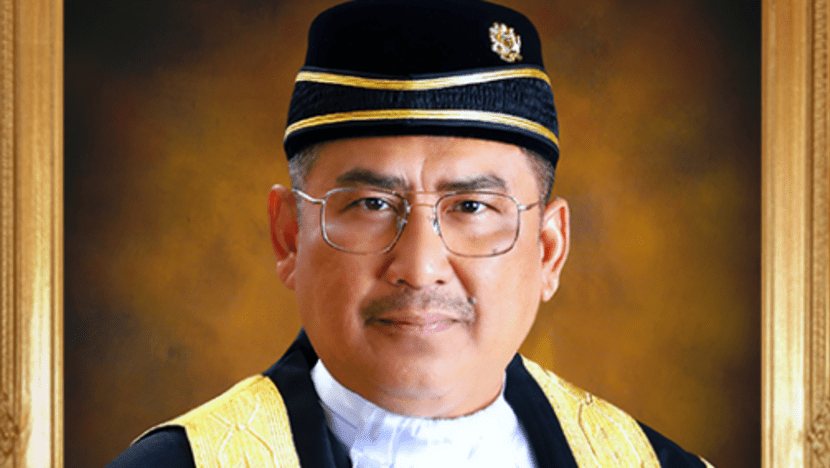 Federal Court judge Ahmad Terrirudin Mohd Salleh's (pictured) chambers has filed a police report related to proceedings of a mid-May JAC session. (Photos: Office of the Chief Registrar of the Federal Court of Malaysia)
Federal Court judge Ahmad Terrirudin Mohd Salleh's (pictured) chambers has filed a police report related to proceedings of a mid-May JAC session. (Photos: Office of the Chief Registrar of the Federal Court of Malaysia)
Senior lawyers, who enjoy close relations with the country’s top judges, said that at least two JAC members raised objections about Terrirudin’s nomination, citing concern over his suitability for higher judicial position.
The sources added that Terrirudin was then asked to present himself at the meeting on the same day to respond to their feedback about his work conduct.
Little else about the session surfaced in the public domain.
Two weeks ago, news emerged of a police report filed by Terrirudin’s chambers related to proceedings of the mid-May session.
The police report, lodged by Terrirudin’s aide Ahmad Afid Hassan on June 12 and reviewed by CNA, drew attention to questions posed to the former Attorney General by local news portal Malaysiakini in a Whatsapp communication.
The police report said that the Malaysiakini reporter had claimed that the news portal was “told by reliable sources that during the last JAC meeting you (Terrirudin) had been summoned to respond to several allegations against you by some on the panel”.
Ahmad Afid further stated in the report that he was told by Terrirudin “that the contents of the WhatsApp text were matters that were discussed at the JAC meeting on May 16”.
It is unclear why Justice Terrirudin’s office decided to lodge a police report.
Malaysiakini has publicly acknowledged that a report against the news portal had been lodged by a senior judge’s office and the police have recorded statements from two of its top editors.
CNA has reached out to Terrirudin for comment.
The Bar Council, the body that represents the country's national association of lawyers, or the Malaysian Bar, is insisting that the government disclose minutes of the mid-May meeting of the JAC where Terrirudin was told to appear before the panel.
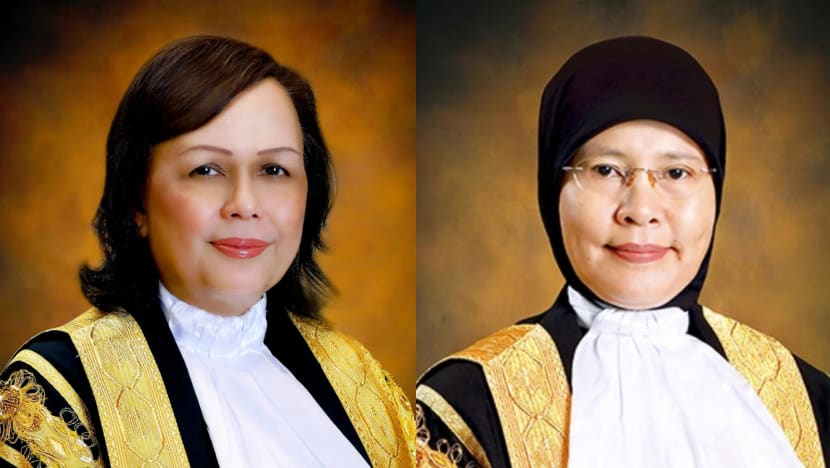 Chief Judge of Malaya Hasnah Mohammed Hashim (left) will take on the duties of Malaysia’s Chief Justice following Tengku Maimun Tuan Mat’s (right) retirement on Jul 2, 2025. (Photos: Office of the Chief Registrar of the Federal Court of Malaysia)
Chief Judge of Malaya Hasnah Mohammed Hashim (left) will take on the duties of Malaysia’s Chief Justice following Tengku Maimun Tuan Mat’s (right) retirement on Jul 2, 2025. (Photos: Office of the Chief Registrar of the Federal Court of Malaysia)
UNCERTAINTY
Amid the judiciary controversy, Anwar has been on a multi-destination international diplomatic tour, including the 17th BRICS Leaders’ Summit in Rio De Janeiro, for the past week.
The premier is due to return on Tuesday and he has yet to respond to criticisms of his handling of the judicial appointment by his party leaders.
He had said last Monday that he has never interfered in judicial matters including the appointment of judges and the process should not be politicised.
In a move that retired judges and lawyers noted was unprecedented in Malaysia’s judicial history, the judiciary’s third-most senior jurist, Hasnah Mohamed Hashim, who is the Chief Judge of Malaya, has been appointed to assume the role of Chief Justice until the position is filled.
Last Friday, the Registrar of the Federal Court said that Federal Court judge Zabariah Yusof has been appointed acting President of the Court of Appeal until the position is filled permanently.
Despite these temporary appointments, the controversy is unlikely to go away anytime soon, said lawyers.
According to lawyers tracking the situation, acting Chief Justice Hasnah had summoned members of the JAC for an emergency meeting last Friday afternoon.
On the agenda was a proposal to get the JAC to officially nominate Hasnah as the replacement to Tengku Maimun and put an end to the leadership uncertainty in the judiciary.
But that plan fizzled out when questions were raised about the potential validity of the session as it did not meet the minimum notice period of 10 days before a JAC session can be convened.
Lawyers tracking the situation noted that a JAC meeting has now been scheduled for Wednesday, ahead of a meeting of the country’s royal household who make up the Conference of Rulers sometime in the middle of this month.
The lawyers noted that the apparent tensions in the JAC, now down to seven members following the retirement of both Tengku Maimun and Abang Iskandar last week, has sparked concerns that Malaysia may be teetering on the brink of a constitutional crisis.
“All boils down to what happens at the next JAC meeting and if it fails to come to a consensus, it will clearly suggest that there are disagreements between the government and the JAC,” said a partner of one of the country’s top legal firms who has close ties with judges and is watching the situation closely.




